Design & Technology
Curriculum Intent:
The Design and Technology curriculum at Fullhurst supports students with their knowledge and understanding of selecting and applying a range of materials, processes and design concepts, providing students with the opportunity to use workshop tools and machinery. Students develop creativity and imagination, designing and making products that solve real and relevant problems. Students will consider their own and others’ needs, wants and values so that they acquire a broad range of subject knowledge and become designers that are conscious of the environment. Pupils are taught to become innovative designers and how to best take risks, through the projects studied across all year groups. Students learn the value of evaluating past and present outcomes in Design & Technology to ensure they gain in confidence. Links are formed between Mathematics and Science to meet the needs of the written component at GSCE.
Year 7 curriculum
The Year 7 curriculum is designed to provide students with core skills of Design. Students create Blockbot robots out of pine, learning theoretical content covering softwoods, hardwoods, the function of manufactured boards and types of wood finishes. Learners will use mathematics to accurately measure and draw out onto their pine, based on their final design idea. Early on, students are guided by their class teacher to master different sketching techniques such as one-point perspective, isometric and oblique, in order to produce a range of design concepts which have been rendered. Students gain valuable experience using specialised equipment such as try squares, tenon saws, belt sanders, pillar drills and much more.
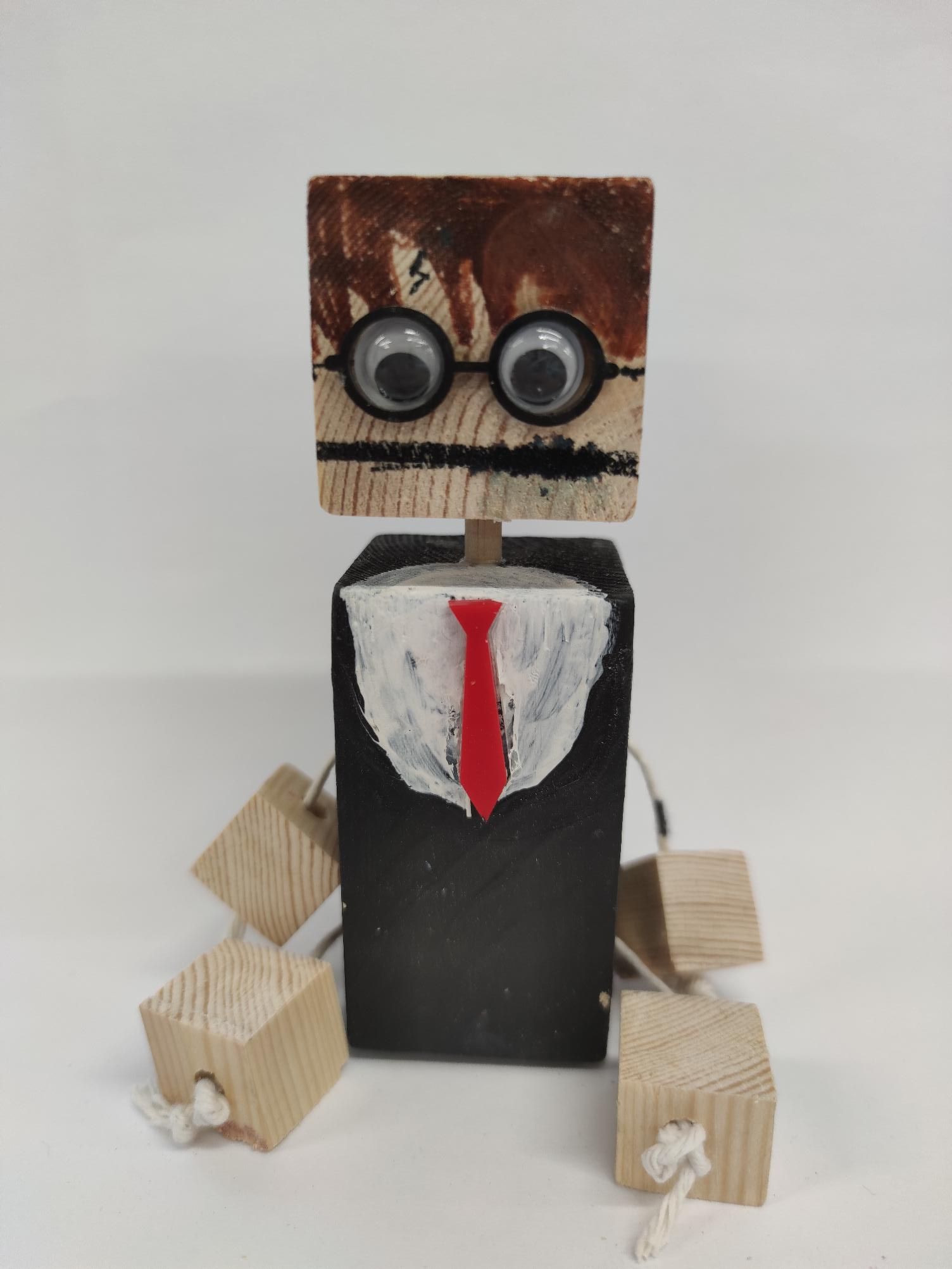
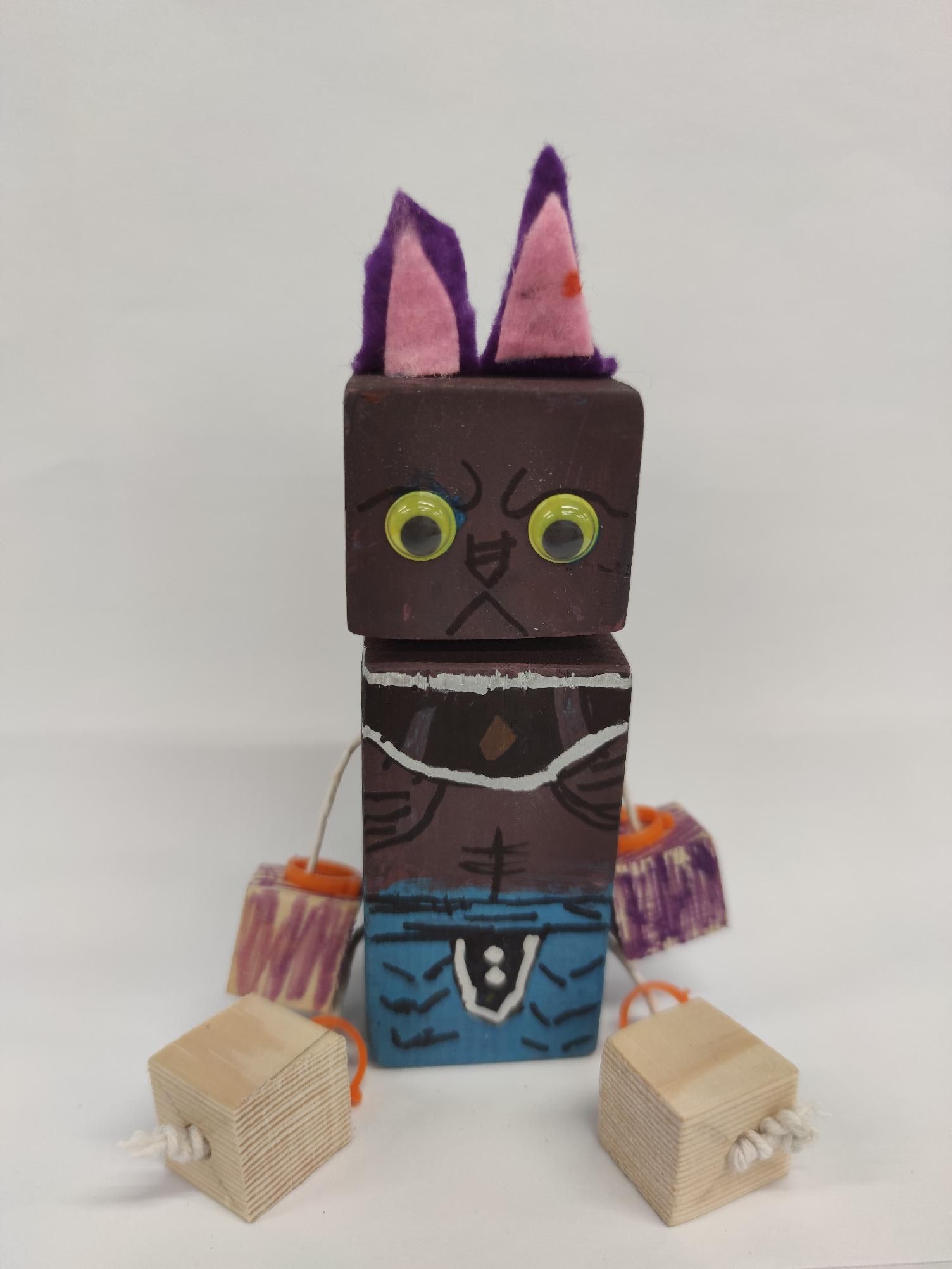
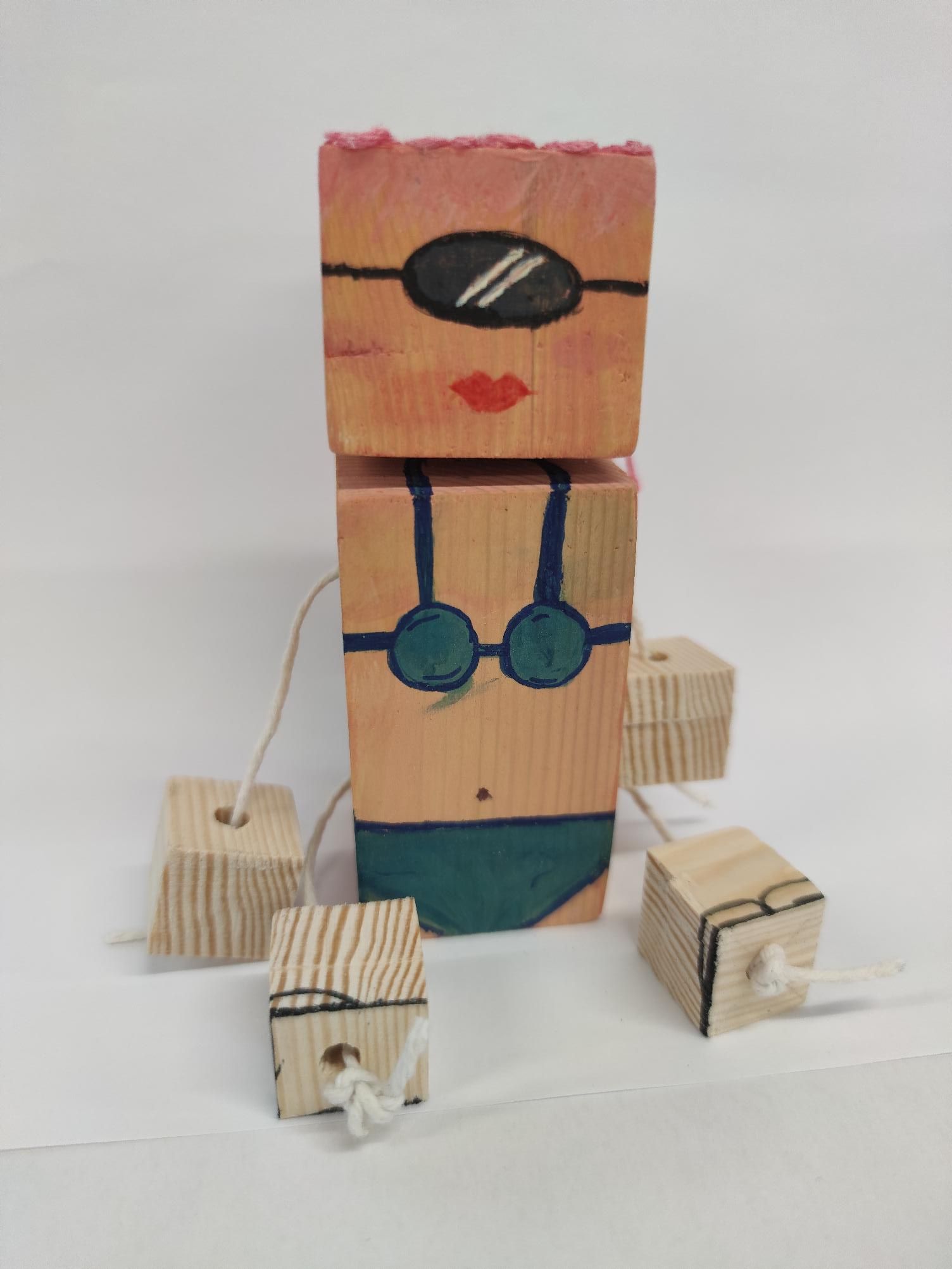
Have a look at the video below for an overview of the Year 7 Design and Technology Curriculum.
Year 7 Design & Technology Overview
Year 8 curriculum
In year 8 students design, make and evaluate a personal organiser, constructed using acrylic and dowel. Firstly, creating a few prototype models out of cardboard and then further testing and developing their concept. Once a design has been finalised, students use CAD software to draw out their design accurately ready for the laser cutter. Students will gain experience using specialised equipment such as a line bender, a vacuum a former, laser cutter and the polishing machine. Alongside practical work, students learn about polymers such as thermoplastics and thermosetting plastics through theoretical lessons to help aid their understanding of how polymers are used in industry, their function and impact on the environment.
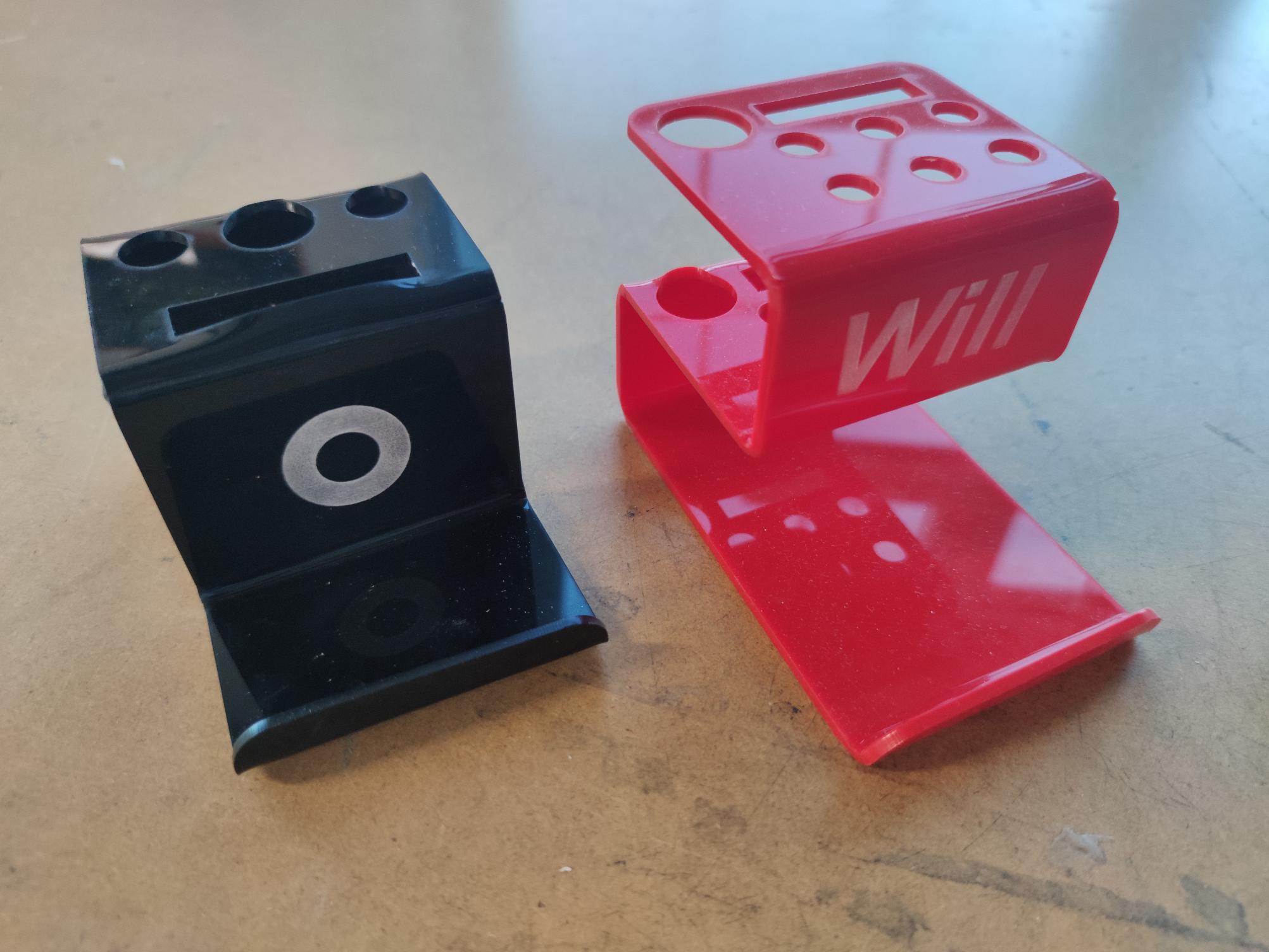
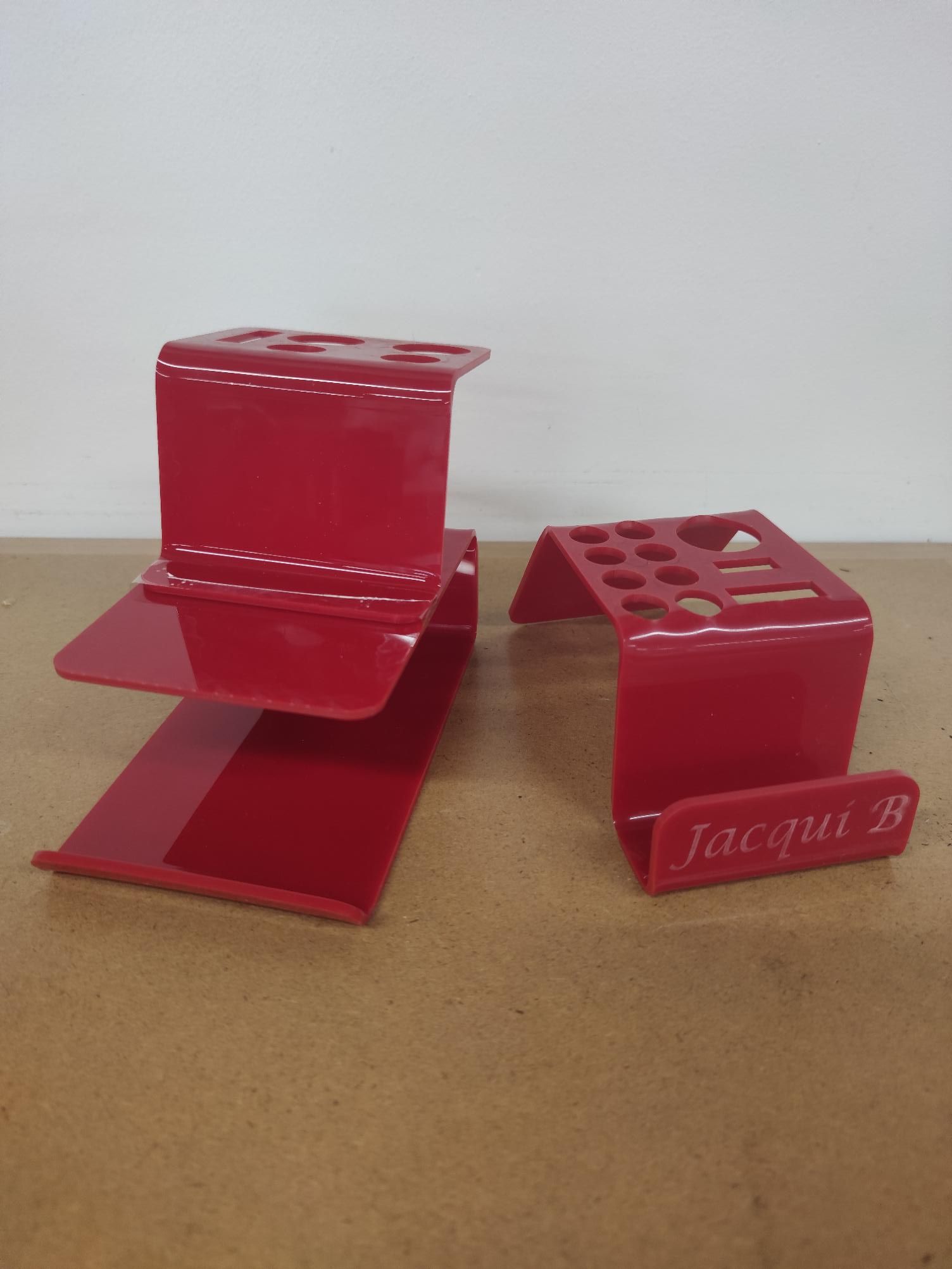
Have a look at the video below for an overview of the Year 8 Design and Technology Curriculum.
Year 8 Design and Technology Overview
Year 9 curriculum
In year 9 students create a textile plush toy monster. Students design and make a product in order to learn key skills of pattern making, using a sewing machine and felt making. Covering the history of fabrics, where they originate from and how the design industry uses textiles, with a focus on functional properties. During the making process students will be introduced to hand stitching applique, modern materials and sustainable materials. The structure of the project ensures that students gain a strong understanding of theory, to include comprehensive information on smart materials and a variety of types of textile based materials.
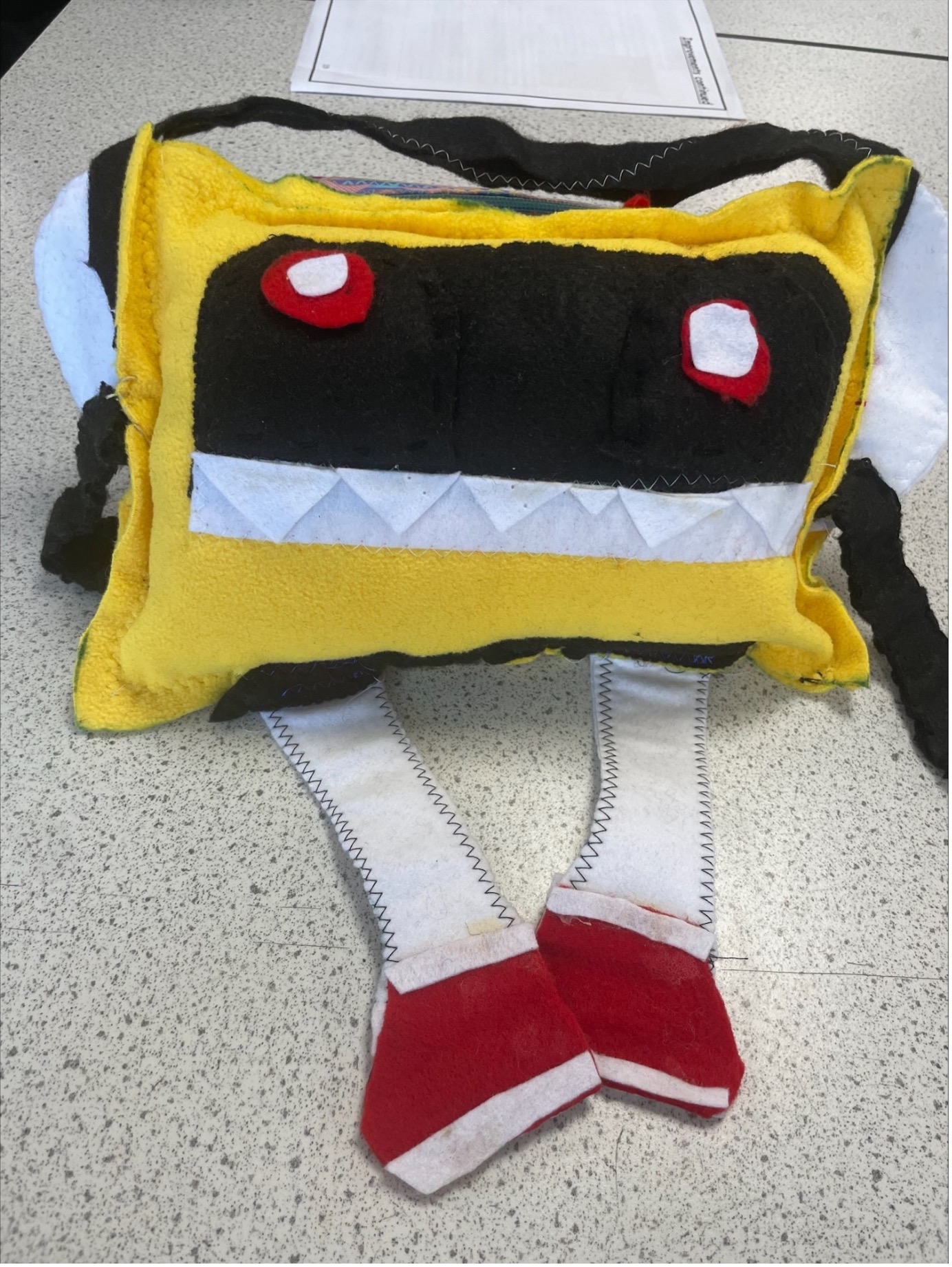
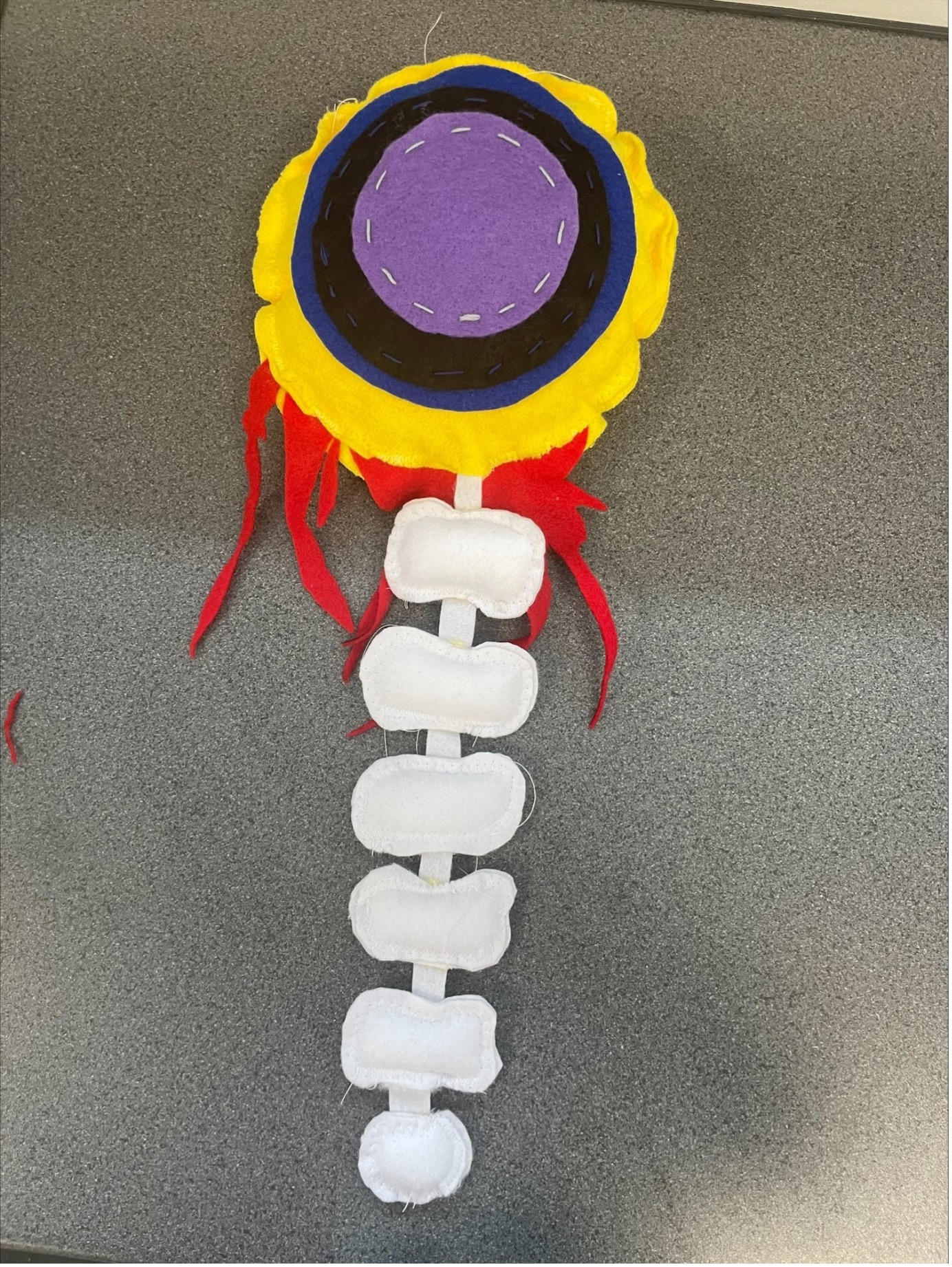
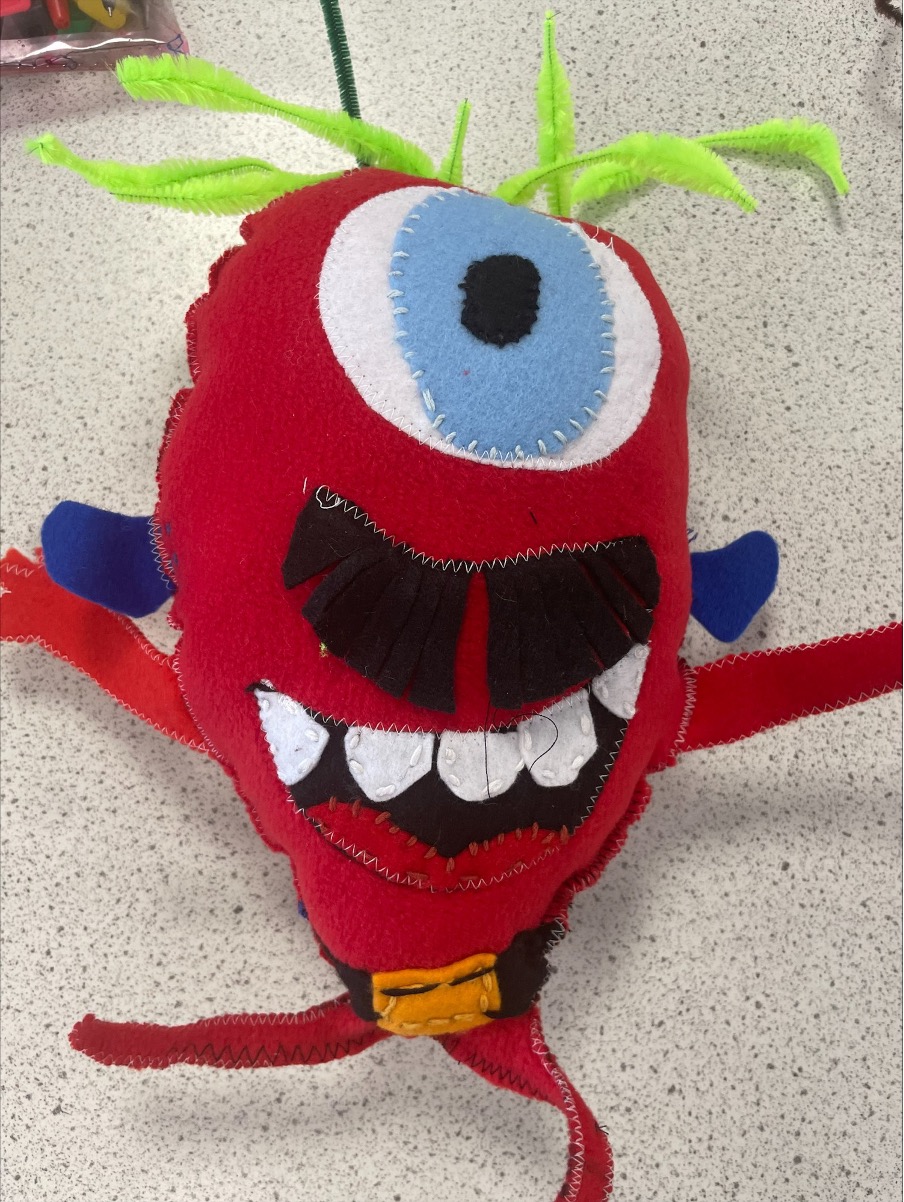
Year 10 curriculum
Design and Technology enables students to work with a range of different materials including Timbers, Polymers, Metals and Textiles, allowing students to investigate a range of materials to create an outcome to support the NEA component.
To start their Design and Technology journey students complete a sketching project where they learn the importance of communicating their ideas through images. Referring back to previous years students develop their skills of perspective drawing, geometric, orthographic and isometric drawing in preparation for the NEA within the Summer term of year 10.
The Design and Technology course is 50% non-examined assessment (NEA) and 50% final written exam. Throughout year 10 study students deepen their
understanding of a range of materials through theoretical teacher led content to assist students to gain in confidence before being introduced to the NEA in June.
Students study the following units across year 10 to cover topics on the written exam paper:
Unit 1 – New and emerging technologies
Unit 2 – Energy, materials, systems and dives
Unit 3 – Materials
Unit 4 – Common specialist technical principles
Unit 5A – Paper and boards
Unit 5B – Timer based materials
Unit 5C – Metal based materials
Unit 5D – Polymers
Unit 5F – Electronic systems
Unit 6 – Designing principles
Unit 7 – Making principles
During the year students will familiarise themselves with a range of development and theory based work, exploring a range of materials and processes to test a variety of differences of certain materials and equipment, students will be making a recycled plastic pencil case and a wooden CAM duck. This will give them the opportunity to use a variety of equipment safely.
Year 11 curriculum
During the Non-Examined Assessment students will investigate a context of their choice, given from the AQA exam board. Pupils will begin to solve a problem and find a design solution to their chosen context. Once a problem or need has been discovered by the student, they will produce a design brief, begin studying the type of user they are going to design for and establish an understanding of current trends that already exist. Students then create a range of design ideas, drawing upon all subject knowledge taught throughout the study of Design and Technology and their own research into the various aspects of the design. Students evaluate their design ideas, making improvements based on their findings from product surveys to help aid them creating a final product suitable for the client in question. Students begin making a model to test aspects of the design before concluding with a final design to meet the original brief. NEA is teacher assessed and samples called for moderation by the exam board. Upon the completion of the NEA students return to securing their subject knowledge taught across all year 10/11 in preparation for the written exam.
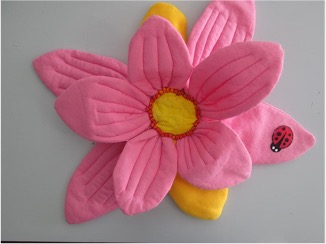
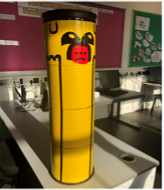
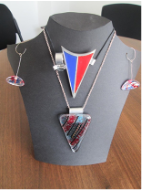
Extra-curricular information
The Design & Technology department provides plenty of opportunities, both after school and at lunchtime, for students to spend time in the workshops getting the chance to hone and practice their craft.




